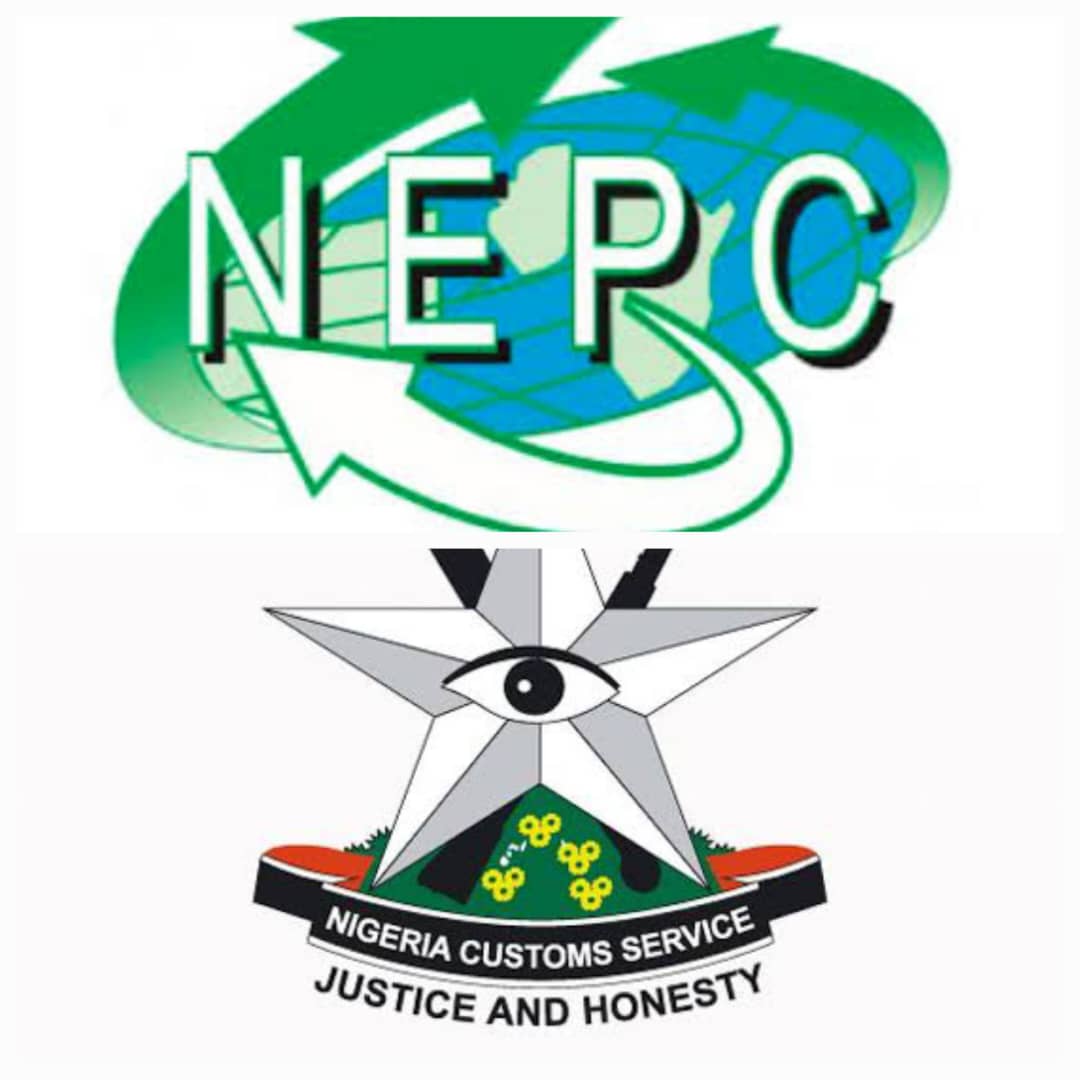The Nigerian Customs Service (NCS) and the Nigerian Export Promotion Council (NEPC) have revealed that they are working together to ensure they maintain zero duties for exported goods as well as mitigate all encumbrances in the process.
These positions were made by the Comptroller General of Customs, Adewale Bashir Adeniyi and the Executive Director of NEPC, Nonye Ayeni, over the weekend in Abuja.
They both spoke as panelists at the just concluded MSMEs conference with the theme ‘GROW Nigeria: Sustaining a digital and Innovative Driven Economy’.
On its part, NEPC emphasised the importance of mindset change among MSMEs, noting that while 96% of businesses in Nigeria fell under this category, as according to her, they contribute only 7% to the country’s export volume.
She advised MSMEs to scale-up by engaging in global opportunities to understand the international rules of trade.
According to her, “A significant part of the challenge facing Nigerian MSMEs in the export space is their lack of capacity and expertise as many Nigerian businesses lack the skills to meet international standards, leading to product rejections and discouraging further participation in export markets.
“That is why we at NEPC are working to ensure MSMEs understand the rules while ensuring that businesses meet global standards in areas such as packaging, labeling and agricultural practices and also working with the customs to ensure reduced timing in the clearance of exported goods to avoid perishables spoiling before reaching their destinations.”
The NCS boss reinforced the importance of the MSME sector in driving economic growth, citing examples from countries like China, where MSMEs contribute up to 60% of GDP and 70% to technological innovation.
On the cost of port clearance, Adeniyi explained that the customs has maintained its stance on zero duties for exported products by Nigerian businesses across the world.
He added that “What the customs is trying to do now is to facilitate clearance of exported goods and also reduce the time taken to clear goods exported to other countries.”
He, however, noted that there are some things that do not change and one of them is the duty rate which businesses pay on imported goods, adding that “When you import, the rate is already set, either for a year or for the five-year period that is provided under the Customs and Excise Tariff Regime.”













